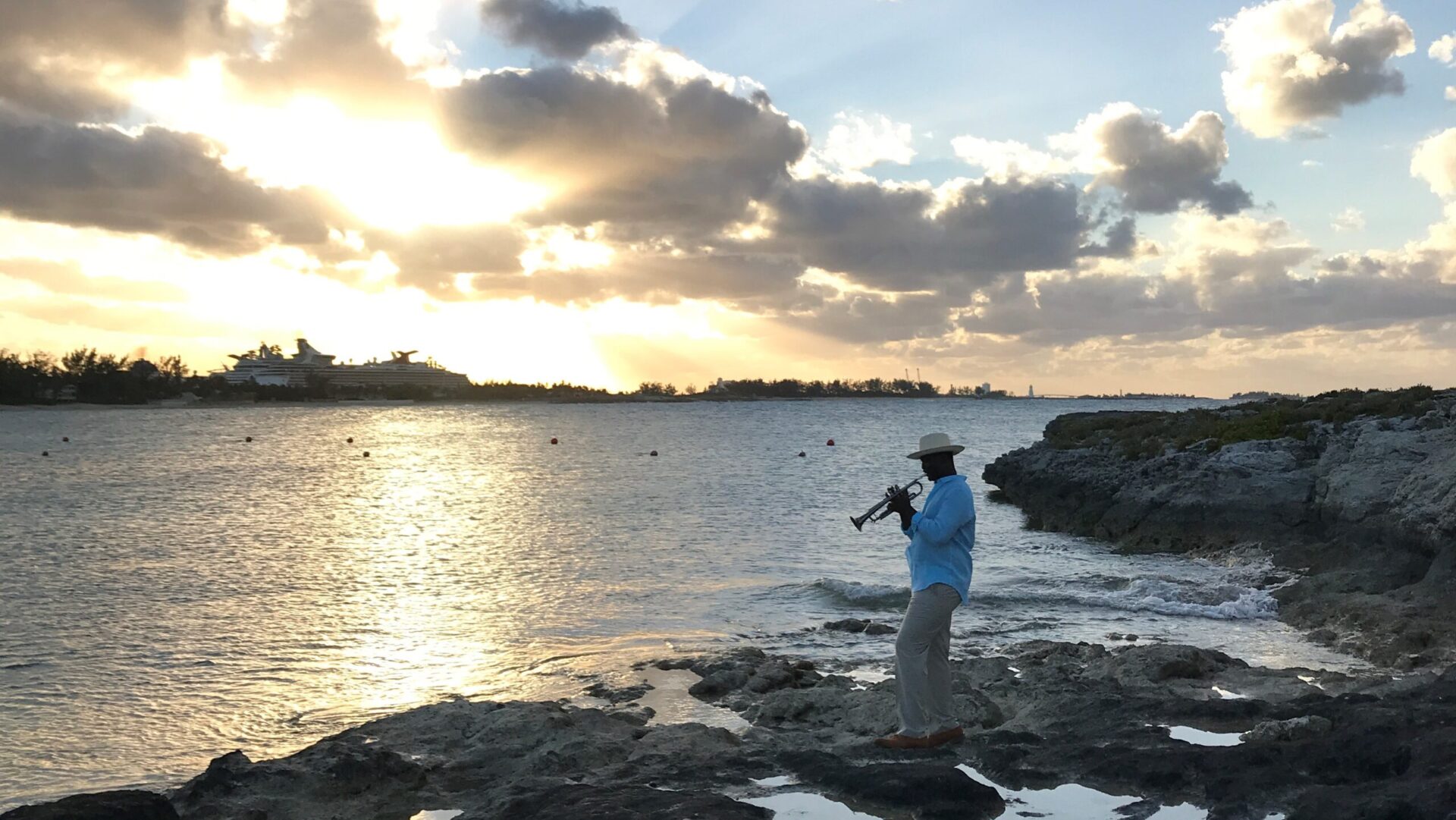This semester, I embarked on a journey into the world of literary journalism, a discipline that uniquely blends the factual rigour of traditional journalism with the narrative techniques of literature. It challenged me to rethink how writers tell, the responsibilities of a journalist, and the impact words can have on the world. As I delved deeper into this genre, I found inspiration in the works of Tom Wolfe’s “Me Generation”, Truman Capote’s “In Cold Blood”, and David Foster Wallace’s “Consider the Lobster”, each of which revealed the power and complexity of literary journalism.
The Craft of Literary Journalism
Literary journalism is a vivid, immersive art form, and many people see Tom Wolfe as one of the seminal figures in the genre. Wolfe’s emphasis on creating scenes with realistic dialogue, detailed descriptions, and the careful portrayal of characters taught me the importance of storytelling in connecting with readers. Similarly, Truman Capote’s In Cold Blood showcased the delicate balance between narrative creativity and journalistic integrity. His deep research and ability to humanize the story’s subjects demonstrated that empathy and understanding are paramount even in a true crime narrative. David Foster Wallace’s Consider the Lobster revealed the flexibility of literary journalism, transforming a mundane topic into a profound ethical exploration. These works collectively taught me that literary journalism transcends mere reporting; it becomes a lens through which readers can critically engage with the world.
Literary Journalism’s Role in Journalism and the World
In today’s media-saturated world, literary journalism serves a crucial role by providing depth, nuance, and perspective often absent in fast-paced, headline-driven reporting. It allows journalists to go beyond the surface, offering a more comprehensive understanding of issues and their broader implications. However, this genre faces challenges, such as maintaining factual accuracy while employing creative narrative techniques and combating the scepticism of audiences wary of subjectivity in journalism. Despite these hurdles, literary journalism’s ability to evoke empathy and inspire action solidifies its place as a vital tool in modern storytelling.
Learning by Doing
The most significant aspect of this semester was the process of learning by doing. Writing my own stories pushed me to adopt the techniques of Wolfe, Capote, and Wallace, applying their methods to real-world topics. The final project on homelessness was particularly impactful, as it forced me to confront an issue often ignored or oversimplified. By telling the story of a homeless family of five, I uncovered their struggles and their humanity. This project emphasized the transformative power of literary journalism—not just in shaping my skills but in sparking meaningful change.
Impact and Potential for Change
The act of writing about homelessness was eye-opening. It demonstrated how literary journalism can amplify marginalized voices and shed light on pressing societal issues. By simply sharing their story, I contributed to a broader understanding of their plight and, potentially, inspire action. This realization solidified my belief in the power of storytelling to make a difference. Through literary journalism, I can continue to address injustices and encourage empathy, creating ripples of change that extend far beyond the page.
Final Thoughts
This semester was a transformative experience. From understanding the intricacies of literary journalism to applying its techniques in my own work, I have grown as a writer, a journalist, and a storyteller. The challenges I faced—crafting compelling narratives while honouring the truth—taught me resilience and adaptability. Most importantly, the impact of my final project reinforced the idea that writing is not just about telling stories; it’s about making a difference. As I move forward, I aim to continue using literary journalism to explore the human condition and inspire meaningful change. This semester wasn’t just an academic journey but a step toward a lifelong mission.
